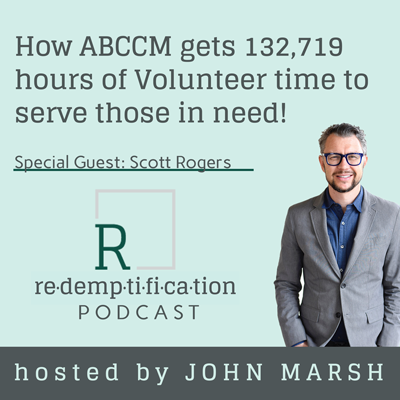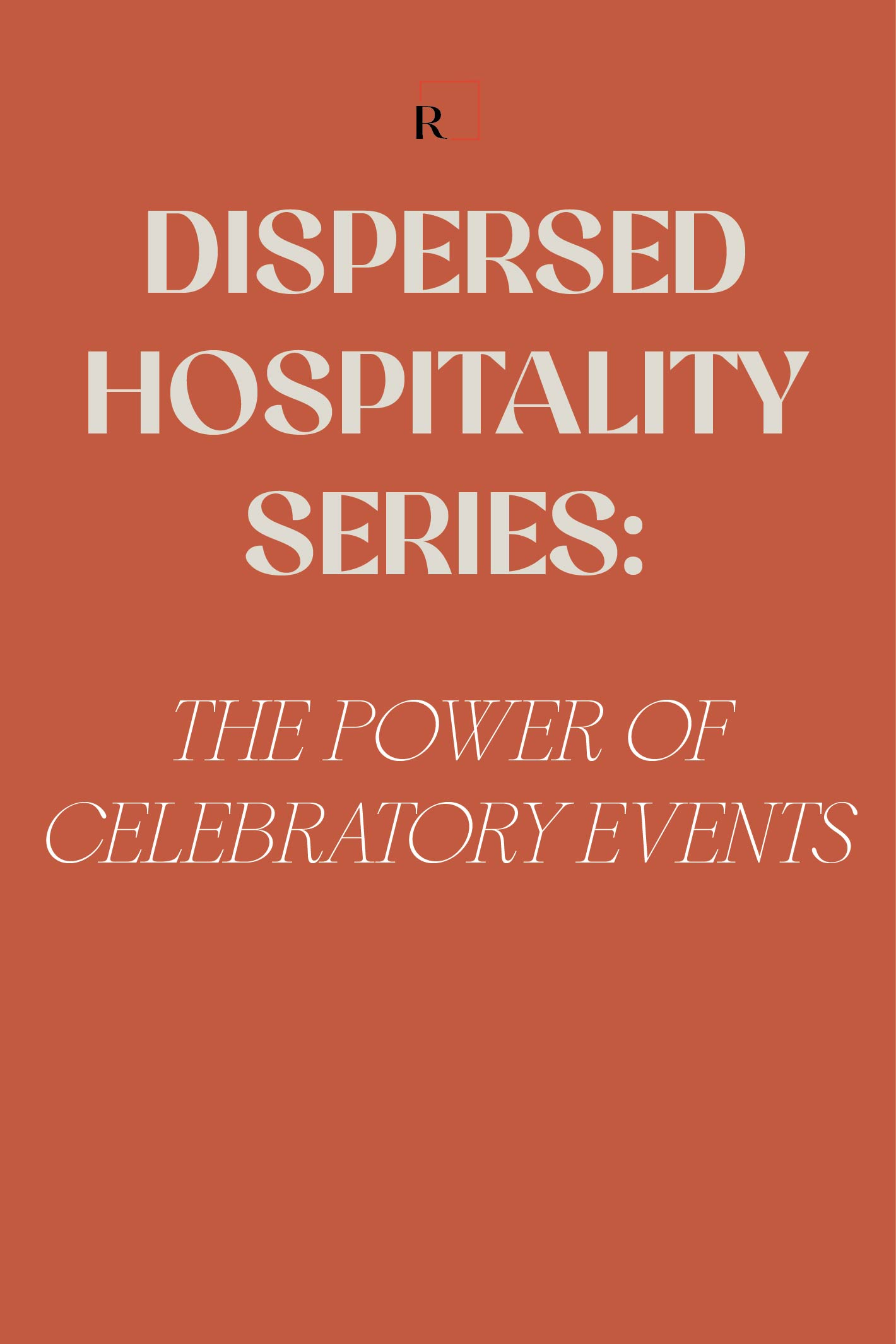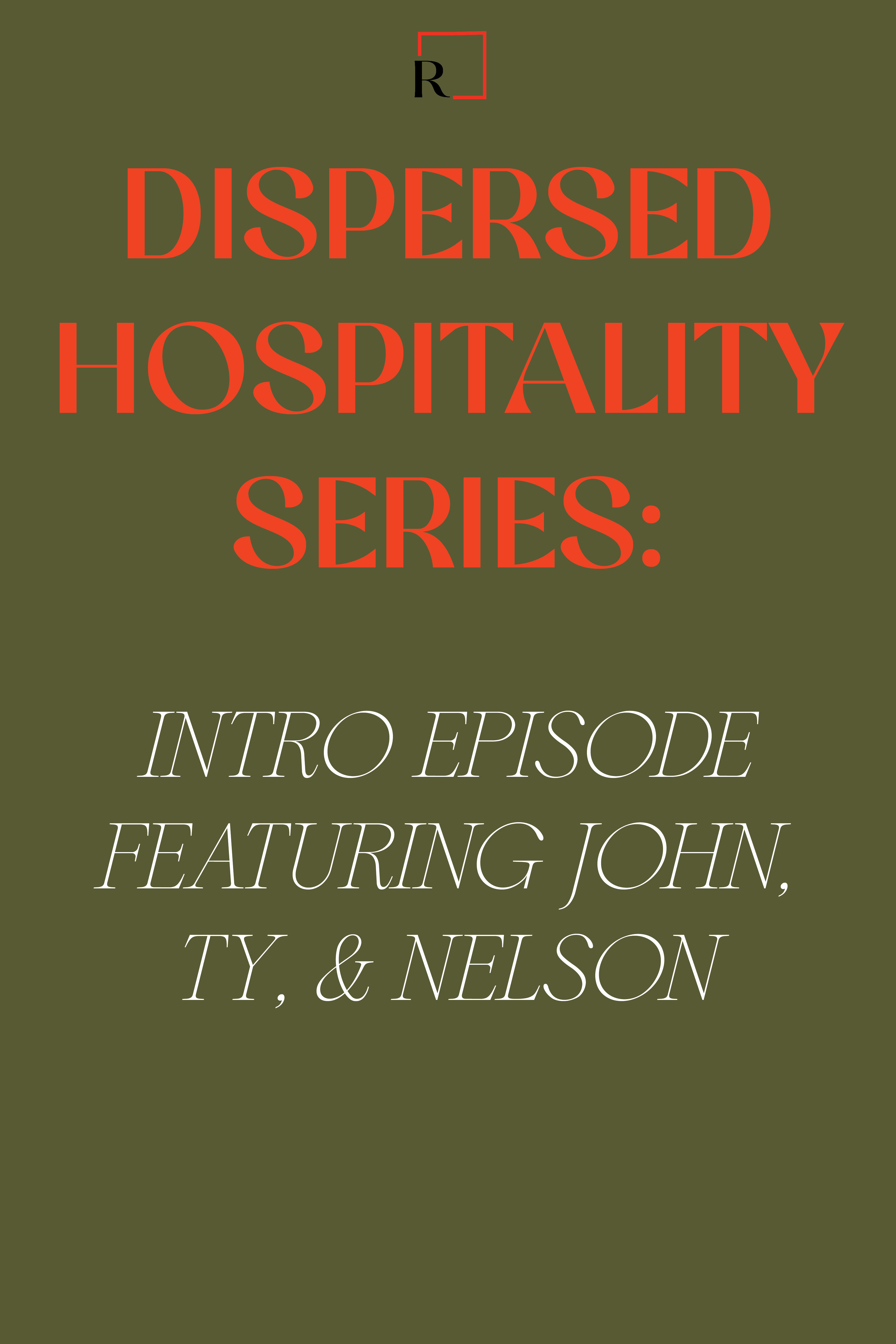How ABCCM gets 132,719 hours of Volunteer time to serve those in need! with special guest Scott Rogers
Today’s podcast is a compelling interview with ABCCM Executive Director Scott Rogers. ABCCM is a faith-based organization with over 260 congregations and 3600 volunteers who care for over 40,000 of their neighbors in need through Crisis Ministries, Jail Ministry, Homeless Ministries, Medical Ministries, Veterans Employment and Training Services and Green Jobs Training and Placement services. ABCCM creates opportunities for anyone to make a transformational impact on someone or on the systemic issues of building bridges out of poverty. To learn more, visit our website at www.abccm.org.
Insights & Inspirations
- Buncombe, yeah. It’s where the word “bunk” came from years ago at the turn of the century. After the Civil War, they said the senator from Buncombe is full of bunk. – Scott Rogers
- “How do we pool our resources and come together as the body of Christ to really make a powerful difference?” – Scott Rogers
- As a leader of an organization that has quite some scale, how do you do amazing sophisticated systems with love? How do you do this leading a large company, but doing it with this great compassion of the people you’re leading? – John Marsh
- the secret to this ministry is doing it the way that Jesus did with his apostles. We just need 12 or 20 people every four hours, 24 hours a day, seven days a week practically. It’s all done by one simple ingenious philosophy. We are here to create an opportunity for every member in their church to be the missionary, if you will, or the volunteer servant leader in their community. And so in a nutshell, we create opportunities for Christians to listen to their neighbor and to meet those needs through intentional relationship ministry. – Scott Rogers
- How do you bring this unity with so many different people from so many different backgrounds? – John Marsh
- Well, it’s been really, really special. One of the things that churches or denominations do is they argue over the communion cup, but nobody argues over a cup of cool water. We can argue over the bread, but we don’t argue over giving a loaf of bread or a bag of food to folks. So we have simply done this in a way that really keeps both the theological, the denominational, doctrinal politics out of it, the world’s politics out of it, and we just say, “Jesus was there, at the city gates, meeting people where they were. He didn’t ask them who you are, what’s wrong with you, what’s your political position with the Pharisees or the Sadducees.” He just said, “What’s your need?” And would touch that, and then earn the right to share the good news of Jesus that he had, that “If you ask me, I would give you living waters. If you ask me, I will give you the bread of life.”- Scott Rogers
- That’s right, that’s right. And if they’ll learn to listen, the key is having listening leaders and really having servant leaders. I just love how in the Ephesians 5, around 19, 20, Paul says we’ve got to be subject to one another. I had a wonderful teacher, who said, “Paul uses the Greek word there, which wasn’t a tent maker’s term but a carpenter’s term for putting legs on a table.” And I said, “What? How do you put legs on a table?” And he says, “Well, that’s the neat thing. First, you turn the table upside-down. Then you screw the legs down. But then it always takes more than one to flip it back upright, and isn’t that the beauty of what both Christ does in our lives, but also how he calls us to unity – Scott Rogers
- We’re in all of these little buildings at the crossroads in our county and across western North Carolina where it’s easy, and people get there, going to work, going to the grocery store anyway. And so it makes it a really local church ministry then. – Scott Rogers
- But what’s the minimum viable model that it takes? You mentioned 12 churches in kind of a community. – John Marsh
- We talked about 12 churches. You need about 30 to 40 volunteers. You need somebody who’s got that gift of administration, detail, scheduling, because it is work. If you start feeding 50 families a day with 50 boxes of food, believe me, it’s work.- Scott Rogers
- That’s awesome. So now, what are a couple items on your not-to-do list after 40 years of doing this? Give me some not-to-dos. – John Marsh
- Oh, gosh. That’s a great question, John. So one of the things not to do that works for us is don’t publish what everybody gives. Keep track of it, make sure you thank them every time. We have a rule that we thank you within seven days, if not the first 24 hours, after you give a gift. But don’t get lists and publish them. There’s an arrogance about that that seems counterproductive to the way God and the Holy Spirit works.- Scott Rogers
- I think another thing to do is don’t think that you’re here to solve the government’s problems. As soon as God’s people start doing it, we will out-perform any government human service agency out there. We have more manpower, more compassion, and more grace and mercy, helping people, and the very recipients that get help from the government will tell you, “I want to come here, because you really care.” So you can do like we’ve done, which is we’ve said to the government, “If you want to contract with us and just give us the money to do better what we do, what you need done, and then we’ll do these other things on top of it, that’s fine.” But don’t take money from the government that lets them tell you how to do it and change your culture in Jesus. Don’t do it, because if you do, you’ll really make a big mistake.- Scott Rogers
- We said we wanted to do this transformation village, a campus that would take every homeless woman and child off of the streets and give them a place to be, so that we could reach functional zero. We have a problem with saying you can end homelessness when we don’t make homelessness. The economy makes homelessness, domestic violence makes homelessness, sexual trauma makes homelessness. I can go on and on with this dramatic list that makes homelessness. So the question is while people are becoming homeless, can we get that to functional zero, where we have enough beds for people coming in to help people then going out. And so that’s what we did. Well, we didn’t cut the ribbon and enter the new facility until 2021, and by all accounts, that’s 10 years later. So sometimes, a vision unfolds slowly. Other times, the vision can unfold very quickly..- Scott Rogers
- Yeah. They say that generosity is the only thing that breaks greed over my life. – John Marsh
Information & Links
Closing Questions
What have you read that we should read?
- Toxic Charity: How the Church Hurts Those They Help and How to Reverse It by Robert D. Lupton
- A Framework for Understanding Poverty – A Cognitive Approach by Ruby K. Payne
Who do you know that we should know?
Where have you been that we should go?
- Go volunteer in a crisis ministry, a food pantry, a homeless facility, a medical ministry, a jail ministry…




